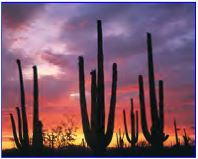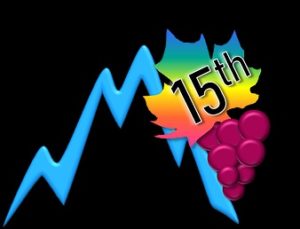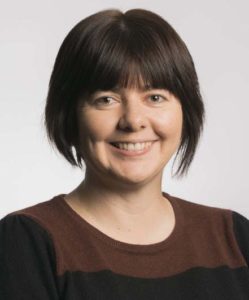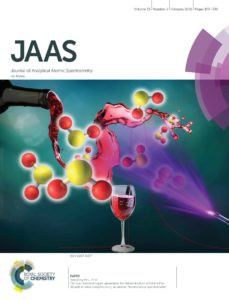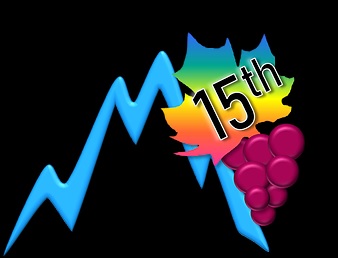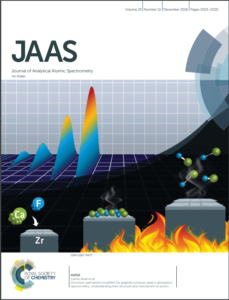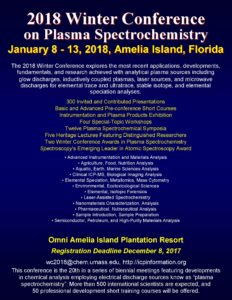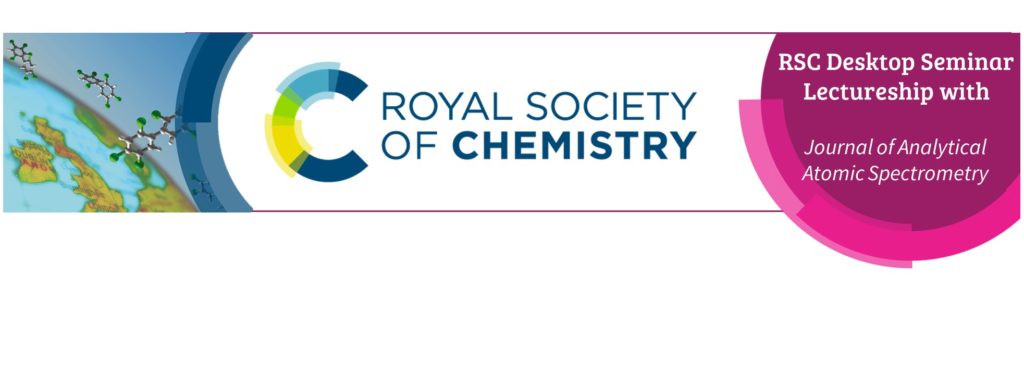 The Royal Society of Chemistry is delighted to announce our inaugural free, online-only RSC Desktop Seminar Lectureship Series, featuring virtual talks by our recent journal lectureship winners. Each session will include an introductory talk by a journal board member as well as the lectureship winner. The RSC Desktop Seminar Lectureship Series is an effort to not only replace in-person research seminars during the current pandemic situation but to also expand access for researchers around the world looking to connect to some of the leading minds in the chemical sciences.
The Royal Society of Chemistry is delighted to announce our inaugural free, online-only RSC Desktop Seminar Lectureship Series, featuring virtual talks by our recent journal lectureship winners. Each session will include an introductory talk by a journal board member as well as the lectureship winner. The RSC Desktop Seminar Lectureship Series is an effort to not only replace in-person research seminars during the current pandemic situation but to also expand access for researchers around the world looking to connect to some of the leading minds in the chemical sciences.
This webinar will allow researchers to hear from the JAAS Emerging Investigator Lectureship 2020 winner.
JAAS desktop seminar: Register now!
18th February 2021; 10am US (EST); 3pm GMT
Speakers
Programme
10:00 EST Introduction
10:05 EST Ultrafast laser filaments for remote sensing of isotopes in solids – Vassilia Zorba
10:25 EST Questions
10:30 EST Multi-signal methods: a different perspective on calibration – George Donati
11:10 EST Questions
11:25 EST Closing remarks
Featuring:
Dr Vassilia Zorba
Dr Vassilia Zorba is the Group Leader for the Laser Technologies Group at the Lawrence Berkeley National Laboratory in Berkeley, CA. She is also an Associate Adjunct Professor in the Department of Mechanical Engineering of the University of California, Berkeley. Her research focuses on the development of the next-generation of laser tools for advanced sensors and laser-based manufacturing. Her research interests include ultrafast laser-material interactions, non-linear optics, remote sensing, laser-induced plasma chemistry, and laser ablation-based chemical analysis in electrochemical energy storage, with emphasis on next-generation Li-ion batteries. Her work has also focused on femtosecond laser surface structuring technologies and biomimetic material functionalization.
Scientific talk: “Ultrafast laser filaments for remote sensing of isotopes in solids”
Dr George Donati
George L. Donati obtained his M.Sc. in Analytical Chemistry from the Federal University of São Carlos (UFSCar, Brazil, 2004), and his Ph.D. in Chemistry from Wake Forest University (WFU, USA, 2010), where he received The American Institute of Chemists’ Outstanding Graduate Student Award. During his postdoctoral fellowship at UFSCar, George contributed to the development of the interference standard method (IFS). He is currently an Associate Research Professor at the Department of Chemistry of Wake Forest University, in Winston-Salem, NC, where he developed the methods of multi-energy calibration (MEC), multi-isotope calibration (MICal), multispecies calibration (MSC) and multi-flow calibration (MFC), and contributed to developing the standard dilution analysis method (SDA). His research at WFU focus on the development of portable instrumentation and novel calibration methods for spectrochemical analysis, as well as the use of atomic spectrometry and advanced statistical tools to diagnose and understand diseases.
Scientific talk: “Multi-signal methods: a different perspective on calibration”
We hope that you can join us for this exciting event.












 The Royal Society of Chemistry is delighted to announce our inaugural free, online-only RSC Desktop Seminar Lectureship Series, featuring virtual talks by our recent journal lectureship winners. Each session will include an introductory talk by a journal board member as well as the lectureship winner. The RSC Desktop Seminar Lectureship Series is an effort to not only replace in-person research seminars during the current pandemic situation but to also expand access for researchers around the world looking to connect to some of the leading minds in the chemical sciences.
The Royal Society of Chemistry is delighted to announce our inaugural free, online-only RSC Desktop Seminar Lectureship Series, featuring virtual talks by our recent journal lectureship winners. Each session will include an introductory talk by a journal board member as well as the lectureship winner. The RSC Desktop Seminar Lectureship Series is an effort to not only replace in-person research seminars during the current pandemic situation but to also expand access for researchers around the world looking to connect to some of the leading minds in the chemical sciences.